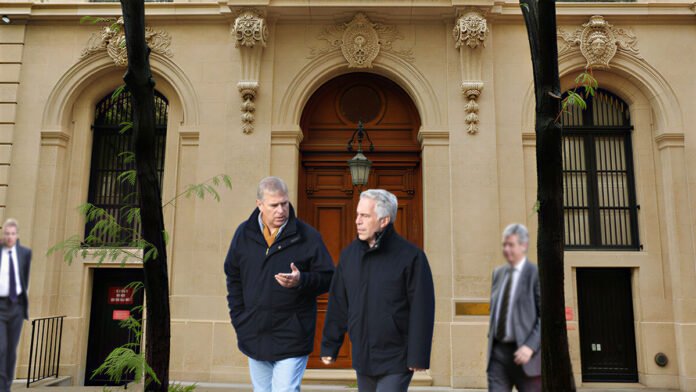The Crown’s Bodyguards: Who Were They Really Protecting?
When Prince Andrew’s security detail watched him befriend a convicted paedophile, who were they serving? The public who paid them, or the prince who commanded them?
Andrew Mountbatten-Windsor, the man formerly known as Prince Andrew, has finally lost his titles. The Duke of York, Earl of Inverness, Baron Killyleagh, all gone. Buckingham Palace, in an unusually blunt statement, cited “serious lapses in judgment” concerning his friendship with convicted sex offender Jeffrey Epstein. The palace confirmed the King has “initiated a formal process” to remove the titles, and Andrew must now vacate Royal Lodge for “alternative private accommodation.”
Fine. About time. Now, where were the armed police officers we paid to watch him?
These weren’t bystanders. They weren’t palace servants. They were Metropolitan Police officers from the Royalty and Specialist Protection command (RaSP), armed, highly trained, and on the public payroll. Sworn constables bound by law, force policy, and the College of Policing’s Code of Ethics. Their job, their legal duty, was to protect life and uphold the law. Not reputations. Not royal privilege. The law.
So where were they when their principal, this senior royal they were paid to protect, maintained a years-long friendship with a man convicted of soliciting prostitution from a minor? What did they see? What did they report? And to whom?
The answer, it seems, is nothing, nowhere, and no one who mattered.
The Officers Who Saw Everything and Said Nothing
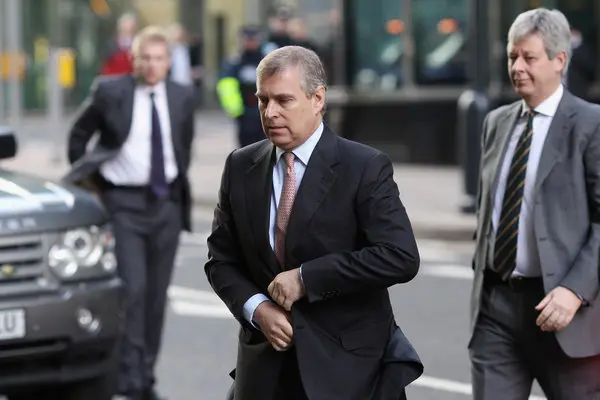
Let’s be precise about who these officers are and what they’re supposed to do. RaSP sits within the Metropolitan Police’s Protection Command under the Directorate of Specialist Operations. The command structure is clear and hierarchical: officers report to a Chief Superintendent who commands RaSP, who reports to the Commander of Protection Command, who reports to the Assistant Commissioner for Specialist Operations (Laurence Taylor), who reports to the Deputy Commissioner, who reports to the Commissioner of the Metropolitan Police (Sir Mark Rowley), who is accountable to the Home Secretary and the Mayor’s Office for Policing and Crime.
This isn’t ambiguous. These are police officers with a clear chain of command that leads directly to the Home Office. They are state assets, funded by the public through the Sovereign Grant, which itself comes from the Crown Estate’s income and is approved by Parliament. When we talk about Andrew’s security detail, we’re talking about public servants spending public money.
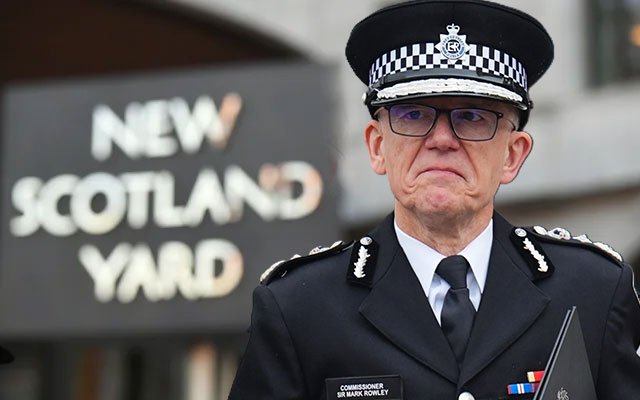
And their mandate extends far beyond standing next to someone looking tough. Close Protection Officers are trained in threat assessment and risk management. They analyse their principal’s daily routine to identify vulnerabilities. They assess risks associated with specific locations and travel. They research past threats and incidents. They plan for contingencies. They are, in essence, the Crown’s intelligence antennae, tasked with identifying and mitigating risks, including self-inflicted ones.
In the context of protecting senior royals, “risk” doesn’t just mean assassination attempts. It means threats to national security, diplomatic relations, and the institutional standing of the Crown. Protecting the integrity and reputation of the monarchy is an implicit component of their mandate. These officers weren’t just there to take a bullet. They were there to prevent Andrew from doing exactly what he did: dragging Britain’s institutions through the mud.
So when Prince Andrew maintained contact with Jeffrey Epstein months after Epstein’s release from prison in July 2009, when he exchanged emails in April 2010 expressing a wish to “catch up in person,” his security detail knew. They had to know. They were always present. That’s the job.
And they said nothing. Or if they said something, it went nowhere. Either way, the system failed catastrophically.
The Woman Who Had the Run of the Palace
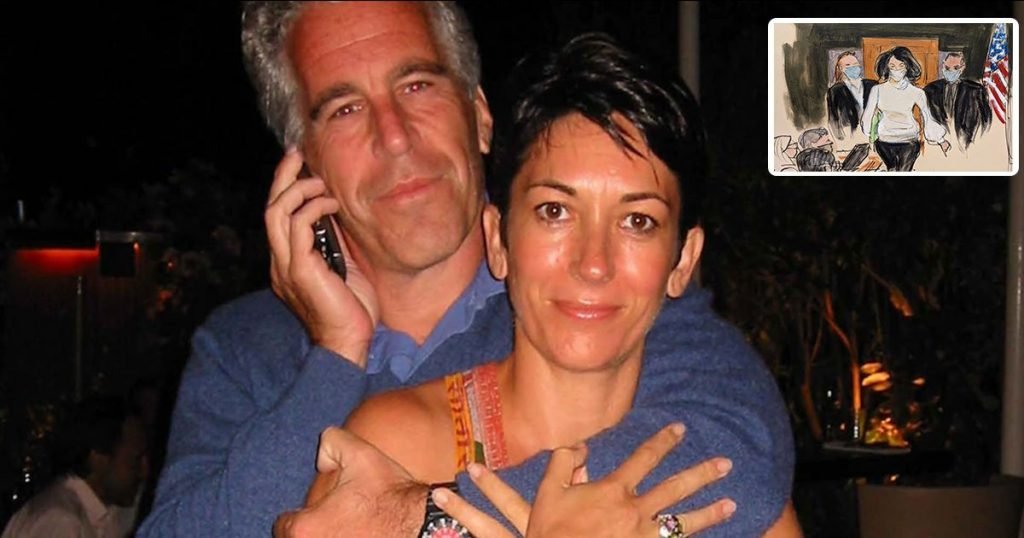
The most glaring operational failure involves Ghislaine Maxwell, Epstein’s primary associate and convicted accomplice. Former RaSP officer Paul Page testified that Maxwell was granted such “free access to the palace” that the security team internally speculated she and Prince Andrew were in an intimate relationship.
Read that again. Ghislaine Maxwell, a woman publicly known to be Epstein’s closest associate, had unrestricted access to royal residences secured by armed police officers whose job included strict gatekeeping protocols. This wasn’t a lapse. This was policy. Someone, somewhere in that command structure, made the decision that Maxwell’s presence represented no threat worth preventing.
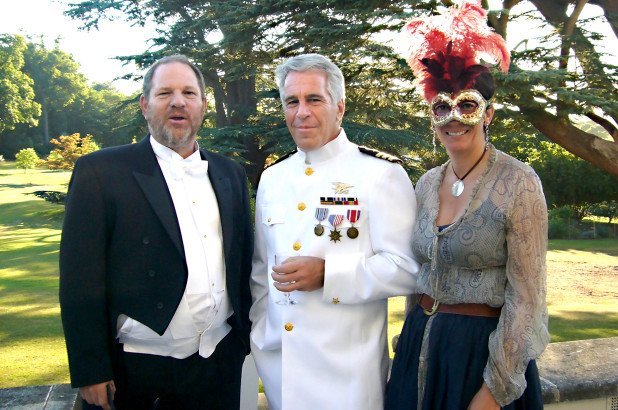
Either they were catastrophically incompetent at identifying a severe reputational security risk, or they made a deliberate decision to ignore it because the principal wanted her there. Neither option is acceptable. Both represent a fundamental failure of duty.
These residences are taxpayer-funded. The security is taxpayer-funded. And we paid for officers to stand aside whilst Epstein’s accomplice came and went as she pleased, normalising Andrew’s entanglement with a criminal network within secure, public buildings.
The Prince Who Treated Police Like Lackeys
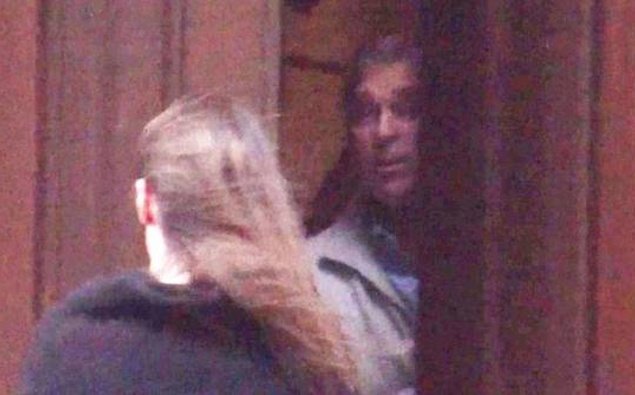
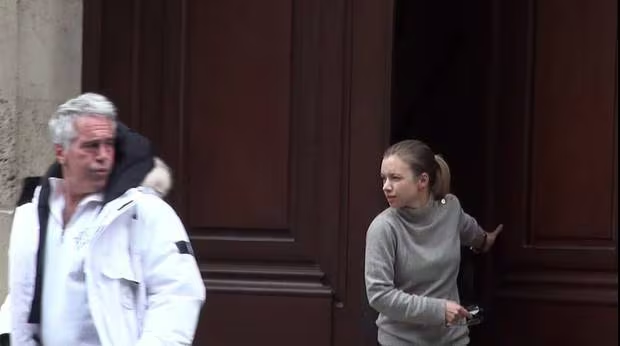
Understanding how this happened requires understanding the environment these officers worked in. Former protection officer Paul Page described Andrew as “the most difficult and unpleasant to deal with,” detailing instances where he was “verbally abusive” towards staff. One notorious anecdote involved his precise arrangements for “50 or 60 soft toys” on his bed, with failure by staff to return them to exact order eliciting shouting and abuse.
This wasn’t eccentricity. This was a system of control. By creating an environment where protection officers risked professional or personal conflict by challenging his decisions or reporting compromising activities, Andrew effectively neutralised their ethical obligation to report behaviour detrimental to the state. He turned sworn police officers into acquiescent facilitators. He blurred the line between state protector and personal servant until the distinction disappeared.
And his command, from the Chief Superintendent through to the Commissioner, allowed it. They allowed their officers to be co-opted into a system of royal whim. They allowed professional boundaries to erode until police integrity became subordinate to royal preference.
This is the environment in which the most damning allegation emerged.
When a Prince Allegedly Turned Police Into Private Investigators
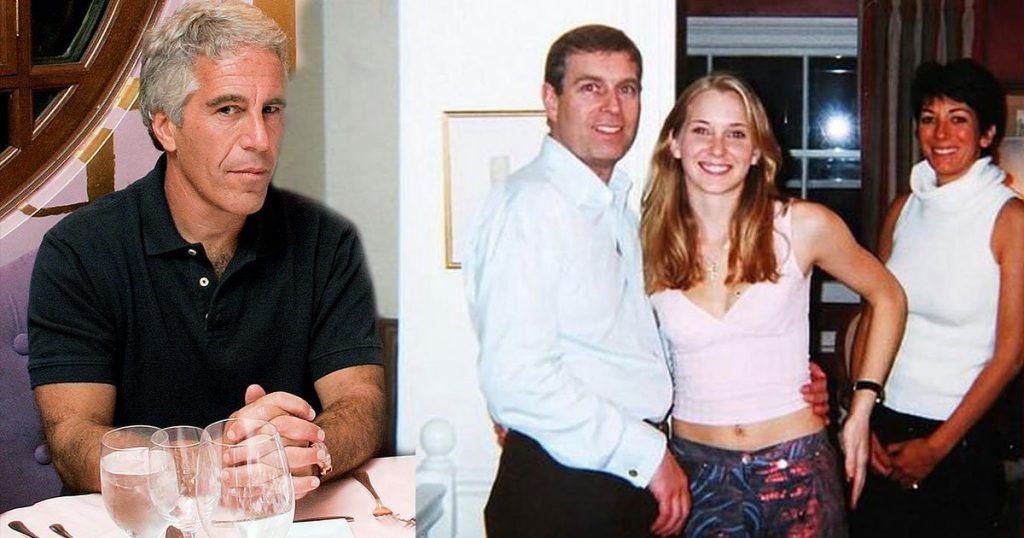
In 2011, reports claim that ‘Prince Andrew’ asked an officer assigned to his detail to “dig up dirt” on Virginia Giuffre, who had accused him of sexual abuse when she was 17. The alleged request involved Andrew supplying confidential data, Giuffre’s date of birth and Social Security number, hours before a UK newspaper was set to publish a photograph linking him to her. The objective was reportedly to find a criminal record or damaging information to discredit his accuser.
If confirmed, this represents the most severe level of institutional compromise imaginable. It’s not just unethical. It’s potentially criminal.
Using police databases or accessing official information for a principal’s private defence is gross misuse of state authority. Accessing personal confidential data without legitimate policing purpose violates UK data protection law. Seeking illegally accessed information to discredit a victim potentially constitutes perverting the course of justice or harassment.
The Metropolitan Police confirmed they were “actively looking into claims” that Andrew made this request. That was years ago. There has been no public disclosure of the investigation’s outcome. No statement about whether the officer complied. No announcement of disciplinary action taken or not taken.
This silence is deafening. When serious allegations of police misconduct arise concerning an officer attached to a figure of royal privilege, transparent resolution is essential. The continued silence suggests institutional protection, that the investigation’s outcome was buried to avoid embarrassing disclosures. It ensures no one is held accountable for allegedly compromising their duty to serve the Prince’s private interests.
And it gets worse. Court documents revealed that Met officers allegedly frustrated legal procedures in 2021 by initially refusing to accept papers intended to serve a civil suit against Andrew. Not just failing to prevent his misconduct. Actively shielding him from legal process.
The Accountability Vacuum
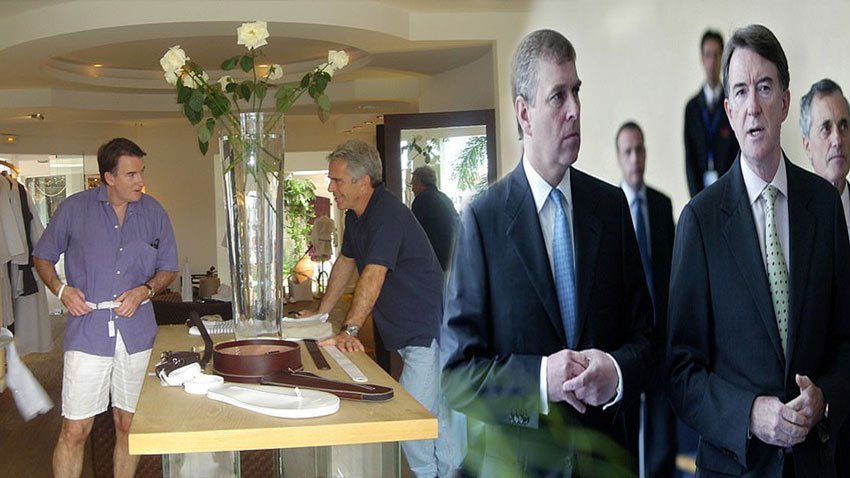
Here’s the real scandal within the scandal: we can’t properly scrutinise any of this because of “security concerns.” Government policy strictly prohibits disclosure of security costs or protective arrangements, justified by national security. While HM Treasury is accountable to Parliament for Sovereign Grant expenditure, and the Comptroller and Auditor General audits the accounts, parliamentary scrutiny of security spending itself is severely limited.
This creates what can only be called an Accountability Vacuum. Taxpayer funds, estimated at up to £3 million annually based on the cost of Andrew’s replacement private security, were spent protecting a man who brought disgrace on the nation. When he engaged in demonstrably high-risk, reputationally damaging behaviour, the democratic mechanisms for questioning whether this expenditure was justified or effective were disabled by secrecy policy.
The mechanism designed to ensure operational security functioned as a shield, insulating inadequate risk management and institutional negligence from democratic review precisely when it was most needed.
Who Did They Serve?
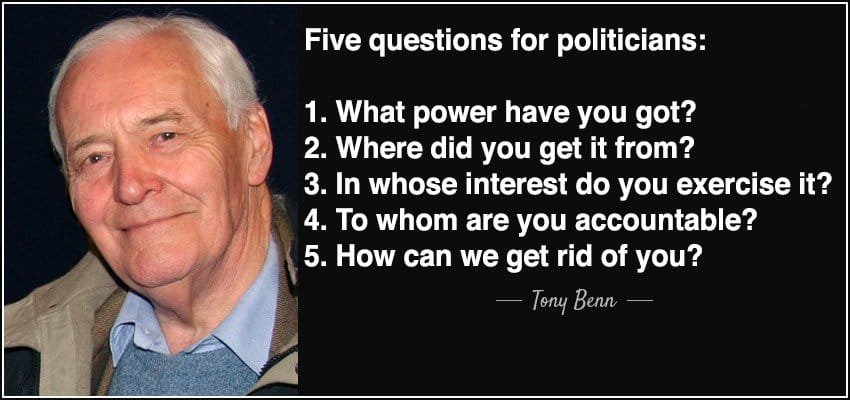
This is the question that won’t go away. These officers had a choice at multiple points. When Andrew maintained contact with Epstein after his conviction. When Maxwell had free access to royal residences. When Andrew allegedly requested illegal use of police data. At each juncture, they could have reported up the chain of command. They could have refused orders that violated police standards. They could have protected the integrity of the Crown and the state rather than the convenience of one entitled royal.
They didn’t. Or if they did, their reports went nowhere, which is just as damning of the command structure.
The only logical conclusions are either catastrophic incompetence, officers so poorly trained or managed that they couldn’t identify obvious risks, or deliberate subordination of police duty to royal privilege. Either the system failed through negligence, or it worked exactly as designed: to protect royals from consequences whilst spending public money doing it.
The Cost We Bear
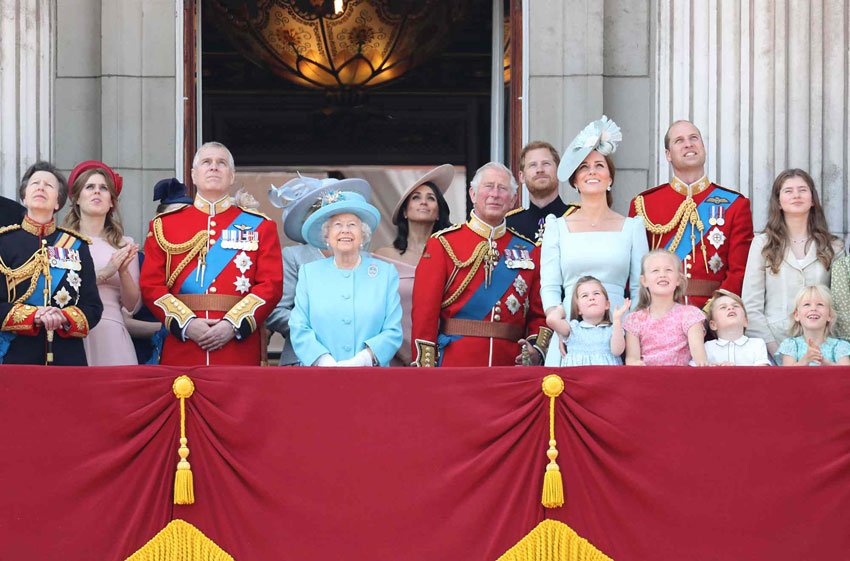
Andrew no longer receives publicly funded protection. He must now pay for private security himself, though reports indicate King Charles will foot the £3 million annual bill. The public no longer bears the direct cost.
But we bore it for years whilst Andrew’s behaviour escalated. We paid for officers to facilitate his friendship with a convicted sex offender. We paid for security at residences where Epstein’s accomplice came and went freely. We potentially paid officers who may have misused police systems for Andrew’s private benefit.
And we’ve received no accounting. No explanation. No apology. No assurance that reforms have been implemented to prevent this happening again.
The officers involved remain unnamed and apparently undisciplined. The command structure that oversaw this failure remains intact. The Home Office, which is ultimately accountable for Metropolitan Police conduct, has offered no transparency about what went wrong or how it’s being fixed.
What We Deserve

A Metropolitan Police statement explaining the professional obligations of protection officers when a principal associates with convicted offenders, and how concerns are escalated.
Home Office transparency on how reputational and ethical risk factors into protection decisions for public figures, not operational details, just policy.
Publication of the investigation’s findings into the “dirt digging” allegations concerning Virginia Giuffre. Full transparency about whether laws were broken, whether discipline was imposed, whether the system worked or failed.
Confirmation of whether any changes have been made to RaSP protocols to prevent this happening again.
And ultimately, a public inquiry. Not into Andrew, his disgrace is established. But into the institutional failures that allowed publicly funded police officers to facilitate, enable, or turn a blind eye to behaviour that brought the Crown and the nation into disrepute.
Because here’s what this comes down to: these were our police officers, paid with our money, bound by our laws. When they stood next to Prince Andrew, were they serving the public interest or royal privilege? When they watched him maintain friendships with convicted criminals, were they protecting the Crown’s integrity or one man’s reputation? When they allegedly misused police systems at his request, were they upholding the law or breaking it for someone who thought himself above it?
We paid for protection that protected the wrong thing. We funded security that secured royal convenience rather than institutional integrity. We employed officers who, whether through intimidation, incompetence, or corruption, failed in their most basic duty: to serve the public, not the prince.
Andrew has lost his titles. He should have lost them years ago. But until we get answers about the officers who watched it all happen, who were there for every compromising decision, who had the power to report and apparently chose not to, we haven’t addressed the real scandal.
It’s not just that a prince befriended a paedophile. It’s that the police we paid to protect us from exactly this kind of disgrace either couldn’t or wouldn’t do their job. And someone, somewhere in that chain of command from Andrew’s detail through to the Home Secretary, decided that was acceptable.
When close protection police officers, sworn to uphold the law, stand by whilst their principal allegedly breaks it, who are they protecting? When they shield royals from consequences whilst working people face them for far less, whose side are they on? And when public funds pay for private privilege, who really serves whom? These aren’t rhetorical questions. They demand answers. And until we get them, every claim that British justice applies equally to all remains the lie Andrew’s security detail helped him live.
Andrew’s so-called indiscretions were witnessed, and the people witnessing them are in the public’s employ, not the royals.
Anyone for a republic?
Support Independent Journalism Today
Our unwavering dedication is to provide you with unbiased news, diverse perspectives, and insightful opinions. We're on a mission to ensure that those in positions of power are held accountable for their actions, but we can't do it alone. Labour Heartlands is primarily funded by me, Paul Knaggs, and by the generous contributions of readers like you. Your donations keep us going and help us uphold the principles of independent journalism. Join us in our quest for truth, transparency, and accountability – donate today and be a part of our mission!
Like everyone else, we're facing challenges, and we need your help to stay online and continue providing crucial journalism. Every contribution, no matter how small, goes a long way in helping us thrive. By becoming one of our donors, you become a vital part of our mission to uncover the truth and uphold the values of democracy.
While we maintain our independence from political affiliations, we stand united against corruption, injustice, and the erosion of free speech, truth, and democracy. We believe in the power of accurate information in a democracy, and we consider facts non-negotiable.
Your support, no matter the amount, can make a significant impact. Together, we can make a difference and continue our journey toward a more informed and just society.
Thank you for supporting Labour Heartlands
